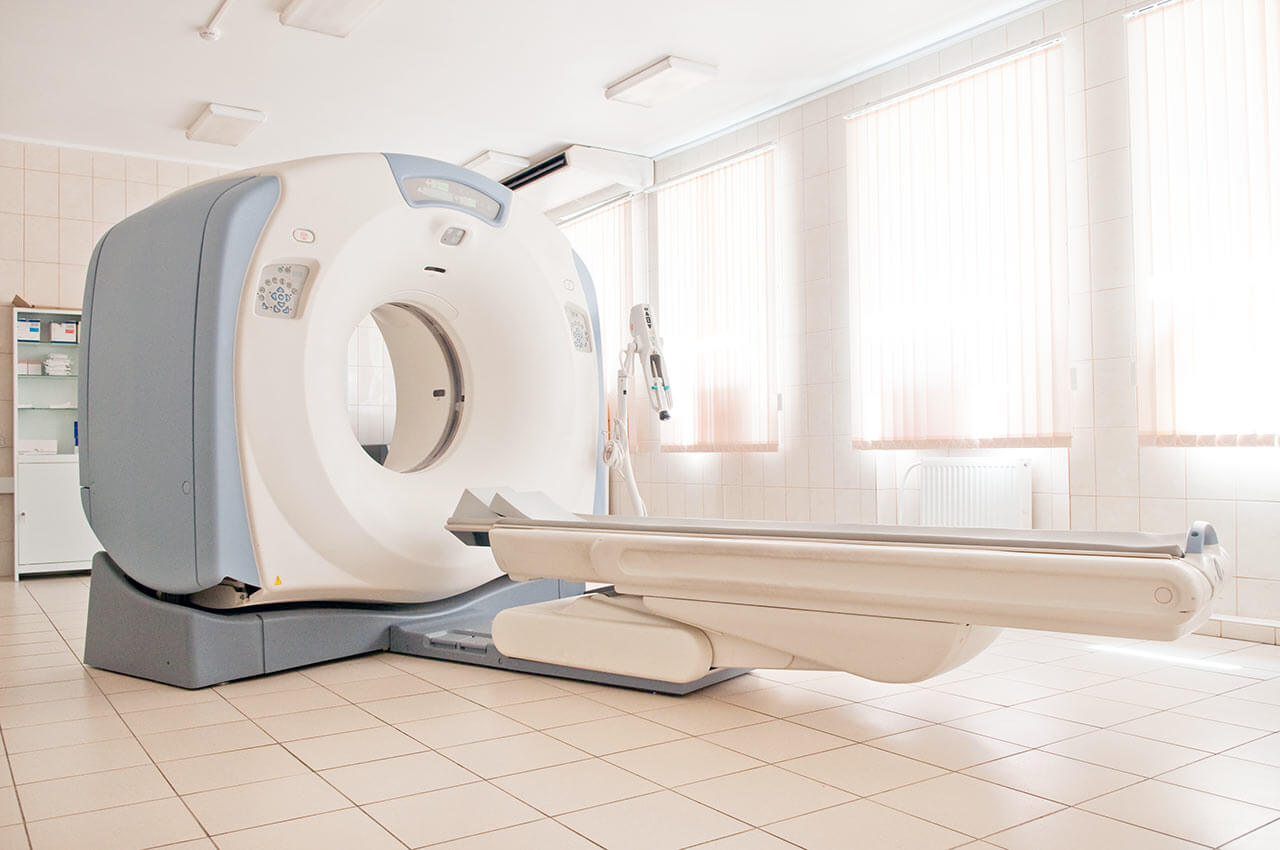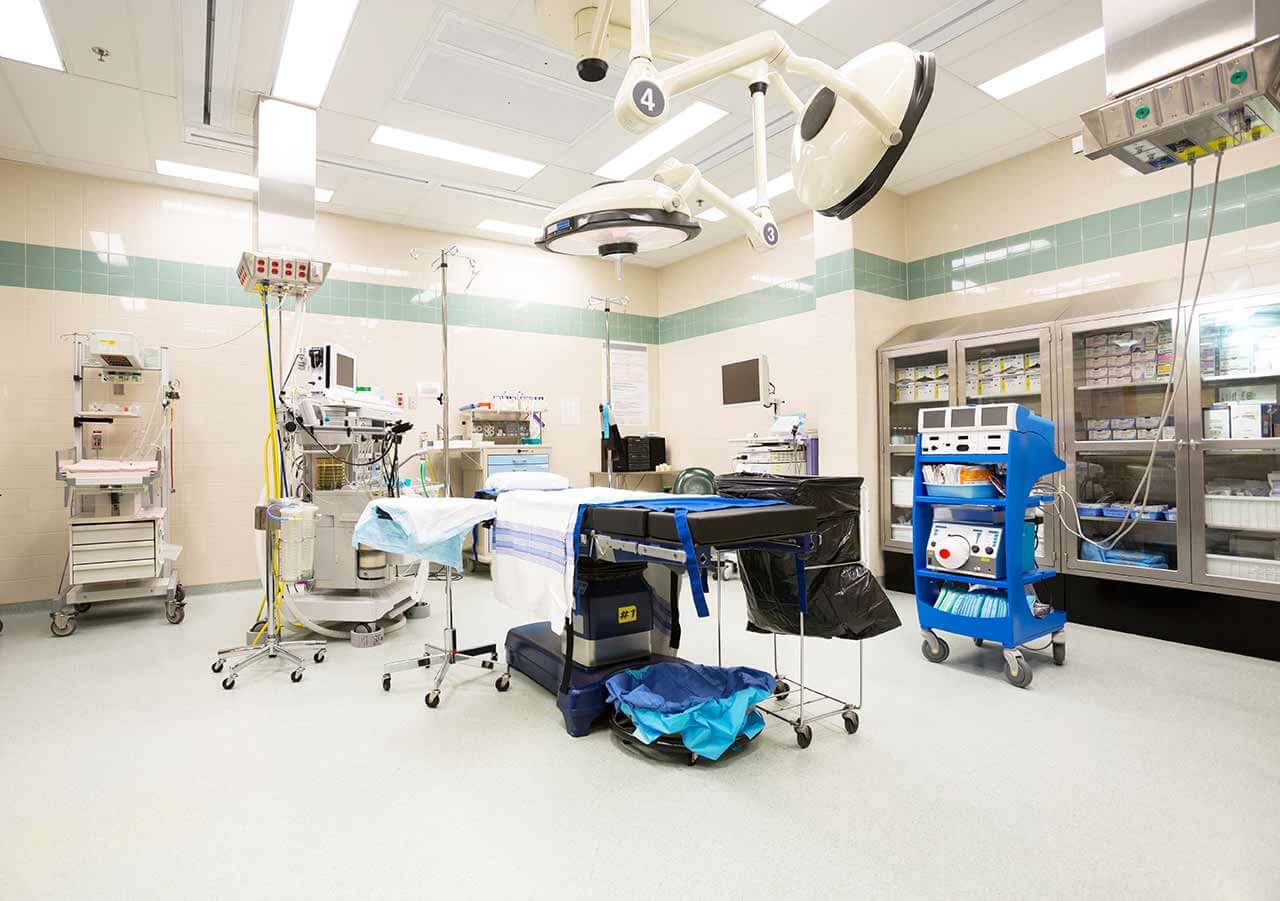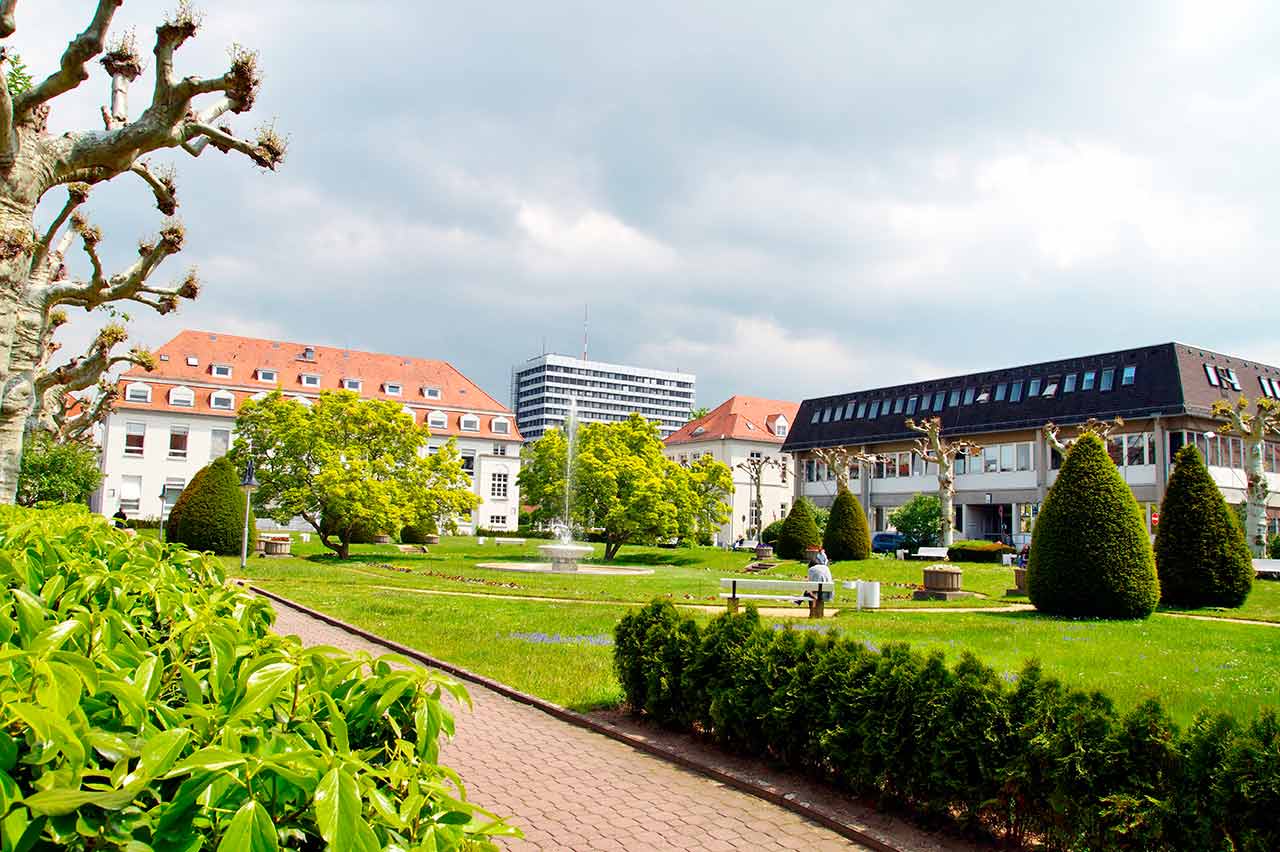
The program includes:
- Initial presentation in the clinic
- clinical history taking
- review of medical records
- physical examination
- laboratory tests:
- complete blood count
- general urine analysis
- biochemical blood test
- inflammation markers (CRP, ESR)
- blood coagulation analysis (aPTT, PT, INR)
- neurological examination
- functional X-ray of the head and neck
- electrophysiology study (if indicated clinically):
- ENMG (electroneuromyography)
- EEG (electroencephalography)
- SEPs (somatosensory evoked potentials)
- VEPs (visually evoked potentials)
- BAEP tests (brainstem auditory evoked potentials)
- CT/MRI scan of the head and neck
(if indicated clinically, additional cost is 650/1200€) - nursing services
- consultation of related specialists
- treatment by chief physician and all leading experts
- explanation of individual treatment plan
Required documents
- Medical records
Service
You may also book:
 BookingHealth Price from:
BookingHealth Price from:
About the department
The Department of Neuropediatrics and Developmental Pediatrics at the University Hospital Mainz offers outpatient and inpatient medical care for infants, young and school-age children with all neurological diseases and developmental disorders. The department specializes in the diagnosis and treatment of congenital and acquired neurological, neurometabolic, neurodegenerative, neuromuscular diseases and developmental disorders in infants, young and school-age children. The Chief Physician of the department is Dr. med. Gabriele Reichelt.
The service range of the department includes treatment of the following diseases:
- Epilepsy
- Neuromuscular diseases
- Vascular diseases of the central nervous system
- Autoimmune diseases (for example, multiple sclerosis)
- Neurometabolic and neurodegenerative diseases
- Motility and developmental disorders of unclear etiology, etc.
- Treatment of premature babies with a weight of less than 1500 g or other development risks
- And other diseases
When diagnosing and treating patients, especially with a combination of several neuropediatric diseases, the doctors of the department cooperate with other specialists within the framework of the hospital, as well as with neuroradiologists, neurosurgeons, orthopedists, specialists in the field of communicative disorders, ophthalmologists and the Institute of Human Genetics.
Depending on the existing problem, the following types of diagnostics are offered:
- Clinical neurological examination
- Standardized developmental testing (jointly with ergo- and physiotherapy)
- Electroencephalography (EEG) adapted to the appropriate age of the child
- Long-term EEG-video monitoring (> 24 hours)
- Somatosensory, acoustic and visual evoked potentials (SEP, AEP, VEP)
- Neurography and electromyography
- Psychological evaluation/testing
- And other diagnostic methods
Photo of the doctor: (c) Universitätsmedizin der Johannes Gutenberg-Universität Mainz
About hospital
The University Hospital Mainz is one of the best maximum care medical facilities in Germany and an internationally recognized scientific center. There are more than 60 departments and institutes, which represent all fields of modern medicine. The hospital serves more than 68,000 inpatients and more than 273,000 outpatients annually, which testifies to the excellent reputation of this medical institution.
The key to the successful clinical practice is also a highly qualified medical staff, which consists of 7.800 employees from various fields. The doctors of the hospital are convinced that each clinical case requires an individual approach, therefore, they devote much time to consultations and communication with patients. The main goal of all hospital employees is to provide an optimal medical care based on the use of the state-of-art diagnostic and therapeutic measures, as well as the introduction of the latest scientific achievements into the medical practice.
The best interns and assistant physicians are trained here. The world-famous leading physicians of the hospital share their long experience and professional skills. Naturally, an integral part of the university hospital work is research, thanks to which many innovative possibilities in the field of diagnostics and therapy have been developed.
Photo: (c) depositphotos
Accommodation in hospital
Patients rooms
The patients of the University Hospital Mainz live in bright, spacious and comfortable rooms. The patient rooms are equipped with modern electronically adjustable beds, which at the touch of a button automatically assume a specified position. Also, there is a TV and a telephone in the patient rooms. To use them, it is necessary to get a prepaid card (in vending machines at the entrance to the hospital). The use of a TV is free, but the patient will need headphones. Telephone calls are made for a fixed fee, which will be withdrawn from the prepaid card at discharge from the hospital. Also, each patient room is equipped with an ensuite bathroom with shower, washbasin and toilet.
Meals and Menus
The patients of the hospital are offered a tasty and balanced three meals a day: breakfast, lunch and dinner. The menu also includes vegetarian and dietary dishes. In addition, for both patients and their visitors there are available cafeterias and bakeries, where one can buy baked goods, snacks, hot and cold drinks.
Further details
Standard rooms include:





